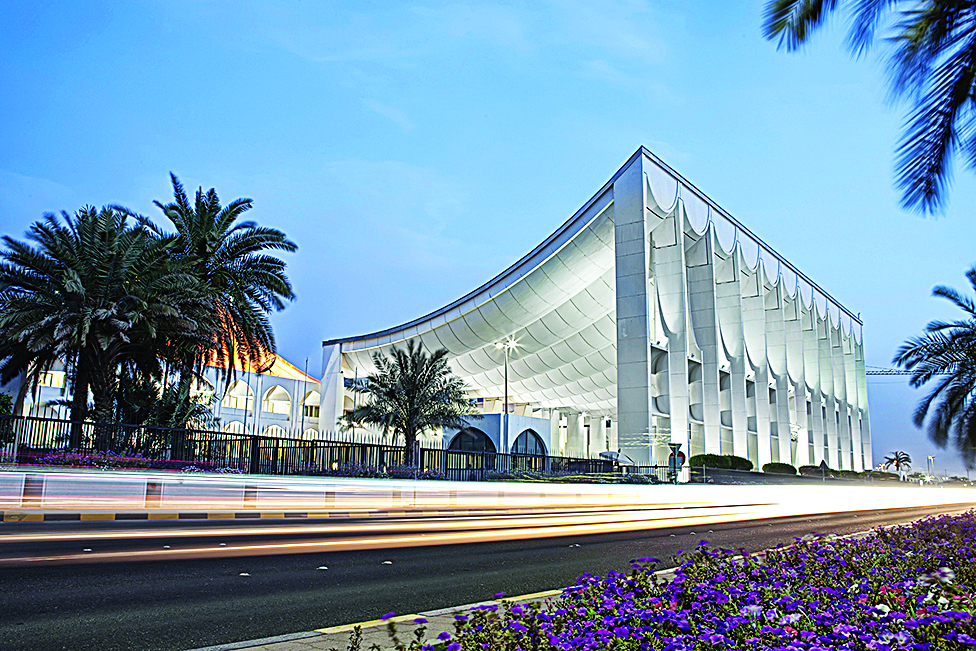KUWAIT: With the 2022 National Assembly planned to be held on Sept 29, Thursday, Kuwaiti economists stressed the importance of choosing candidates eager to promote the sustainability of the national economy through laws and legislations. Speaking to KUNA, the economists shared a vision focused on diversifying income, cultivating a viable atmosphere for commerce and investment, as well as encouraging creativity and ingenuity in business. Continuing to make oil the sole source of income is a 'dangerous matter' due to the commodity being linked with the varying nature of global energy prices, said Dr Anwar Al-Shurai'an, a professor of economy at Kuwait University (KU).
Dr Al-Shurai'an indicated that the decline in price of oil during the COVID-19 was a great motivator to diversify the economy, a vision - which has been spoken about for 45 years. He noted that according to reports, the volume of Kuwait sovereign wealth fund had reached around $1 trillion, which indicates that its income was at around six percent equaling $80 per barrel of income made in current production estimates.
Al-Shurai'an called on parliamentary hopefuls and those involved in drafting laws and legislations to focus on a sustainable vision for the Kuwaiti economy. The legislative authority must have a role in promoting economic diversity and sustainability, noting that what occurred during the pandemic had highlighted the importance of such ventures. The private sector had been hit by the COVID-19 pandemic and such emergencies required legislators to look into laws that protect private businesses and find ways to promote economic growth, he affirmed.
Providing his input, economic lecturer at Kuwait University (KU) Dr Riyad Al-Fares said that the executive authority, through the New Kuwait 2035 vision, had come up with plans to counter mishaps in the national economy. The state income had decreased tremendously during the coronavirus pandemic, putting the price of oil at $30 per barrel, he indicated, noting that the legislative authority should come up with laws to strengthen the input of the private sector in Kuwait and diversify income from a petroleum-based economy that represented around 95 percent of the GDP.
He pointed out that privatization was key to help the private sector flourish, adding that the National Assembly must focus on laws or amend legislations, which were aimed at economic diversification and improving the business environment. He noted that the government's agenda for 2021 had nine economic drafts laws in need of legislative amendments. The parliament and government need to support projects such as the free-trade zone and Al-Harir City to promote the welfare of the state and citizens alike, he affirmed.
Meanwhile, assistant lecturer at Kuwait University's (KU) the college of law, Dr Mohammad Al-Shubaib said that the upcoming election of the National Assembly had various challenges to tackle, namely the ones pertaining to budget and spending. He reiterated the importance of supporting the private sector and encouraging creativity and ingenuity in business to attract foreign investments and expand the state income. Al-Shubaib also said that having a strong economic base would allow Kuwait to maneuver against global economic crises and turn the country to a regional and international hub for commerce and finance. - KUNA











